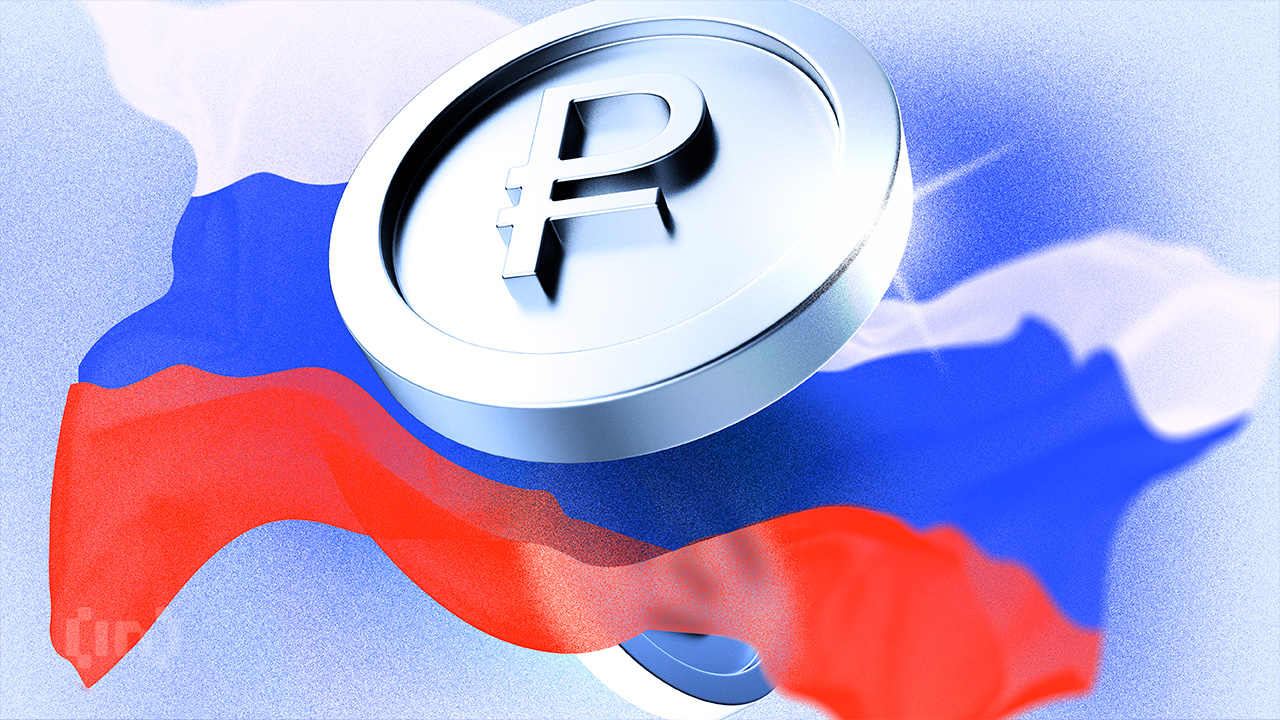The Russian Finance Ministry is moving to make crypto trading more accessible for ordinary citizens by lowering strict income and wealth requirements.
The plan would broaden participation in the Central Bank’s supervised pilot, designed as a testing ground for permanent rules.
Ministry Pushes to Lower Investor Barriers
According to local reports, speaking at the Eastern Economic Forum in Vladivostok on September 3, Finance Ministry Financial Policy Director Alexey Yakovlev confirmed that reducing the entry bar is under discussion.
“We are discussing exactly these figures,” Yakovlev told reporters, referring to the existing standards of 100 million rubles ($1.23 million) in securities and deposits or 50 million rubles ($615,753) in annual income.
“We believe these criteria can be adjusted downwards. It’s being discussed now.”
In Russia, only individuals with significant personal fortunes qualify as “especially qualified” investors, or “superquals.” This limits participation in the experimental legal regime (ELR), which the government created in March to oversee organized crypto trading.
Yakovlev emphasized that while some criteria should remain, blocking ordinary citizens undermines the pilot. He said, “The project cannot fulfill its function if limited to a super-small layer of society.”
Russia Central Bank Resistance and Putin’s Compromise
Last year, President Vladimir Putin ordered the Finance Ministry and the Central Bank to strike a compromise on crypto regulation. Since then, Moscow has begun a broader crypto pivot, using tokens like Bitcoin (BTC) in cross-border trade deals. Putin also urged regions with idle energy reserves to actively engage in crypto mining.
By March 2025, the Bank of Russia reinforced its opposition to the free circulation of decentralized currencies. It recommended that the government restrict transactions to the ELR and ban all crypto payments between residents outside the framework. The proposal also included establishing criminal liability for violations.
Two months later, in May 2025, the regulator permitted qualified investors to buy crypto‑based products such as Bitcoin futures. According to local reports, Russian investors had purchased $16 million worth within a month.
The ELR itself was introduced as a temporary three‑year framework. Yakovlev explained that after the trial, permanent rules would follow.
The debate exposes a larger clash: regulators warning of risks while policymakers press for expansion. It also signals Russia’s accelerating turn toward digital assets, from cross‑border Bitcoin settlements to state‑backed mining initiatives.
Despite limited legal options, Russians are believed to hold more than $25 billion in digital assets. Without centralized domestic exchanges, most purchases still occur on foreign platforms.
The post Russia to Ease Barriers for Personal Crypto Trading appeared first on BeInCrypto.
